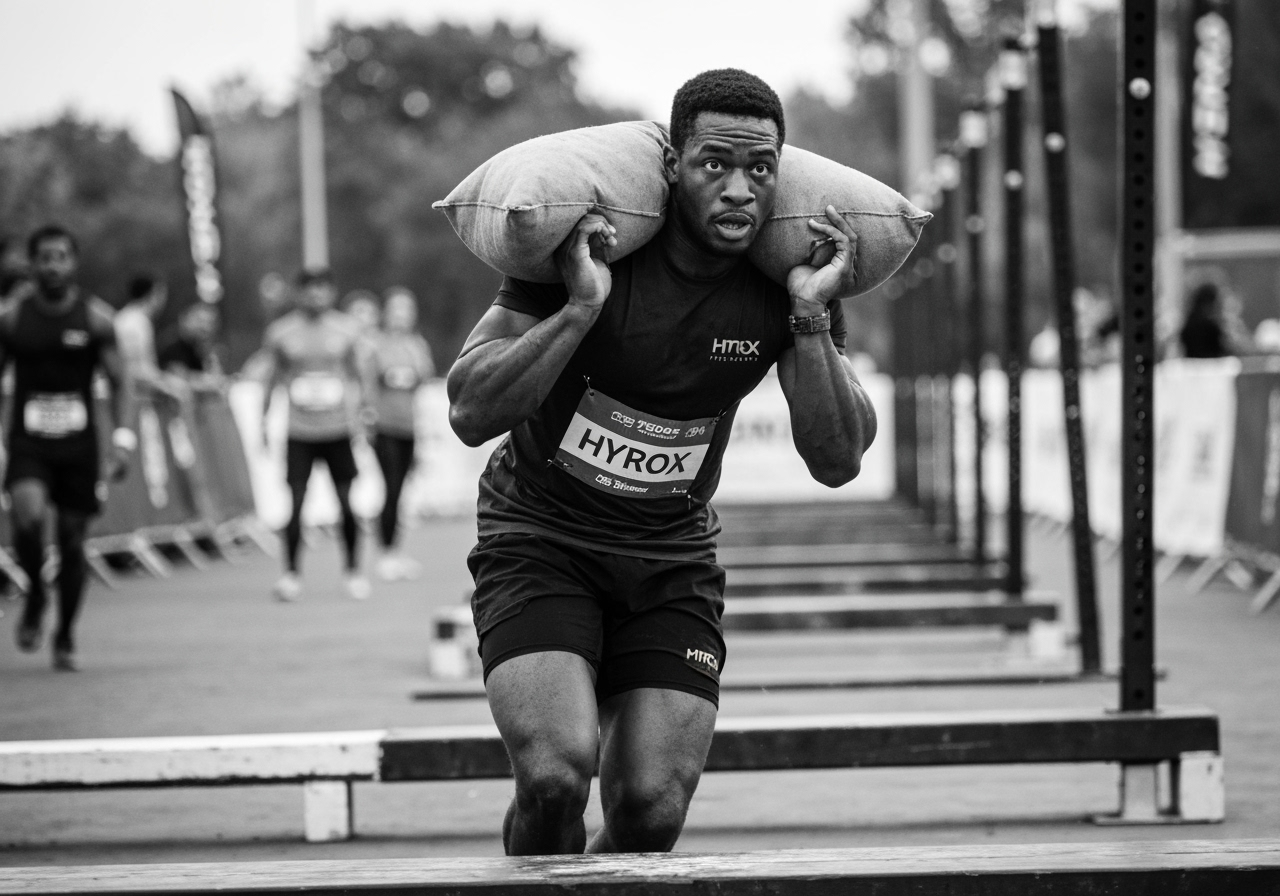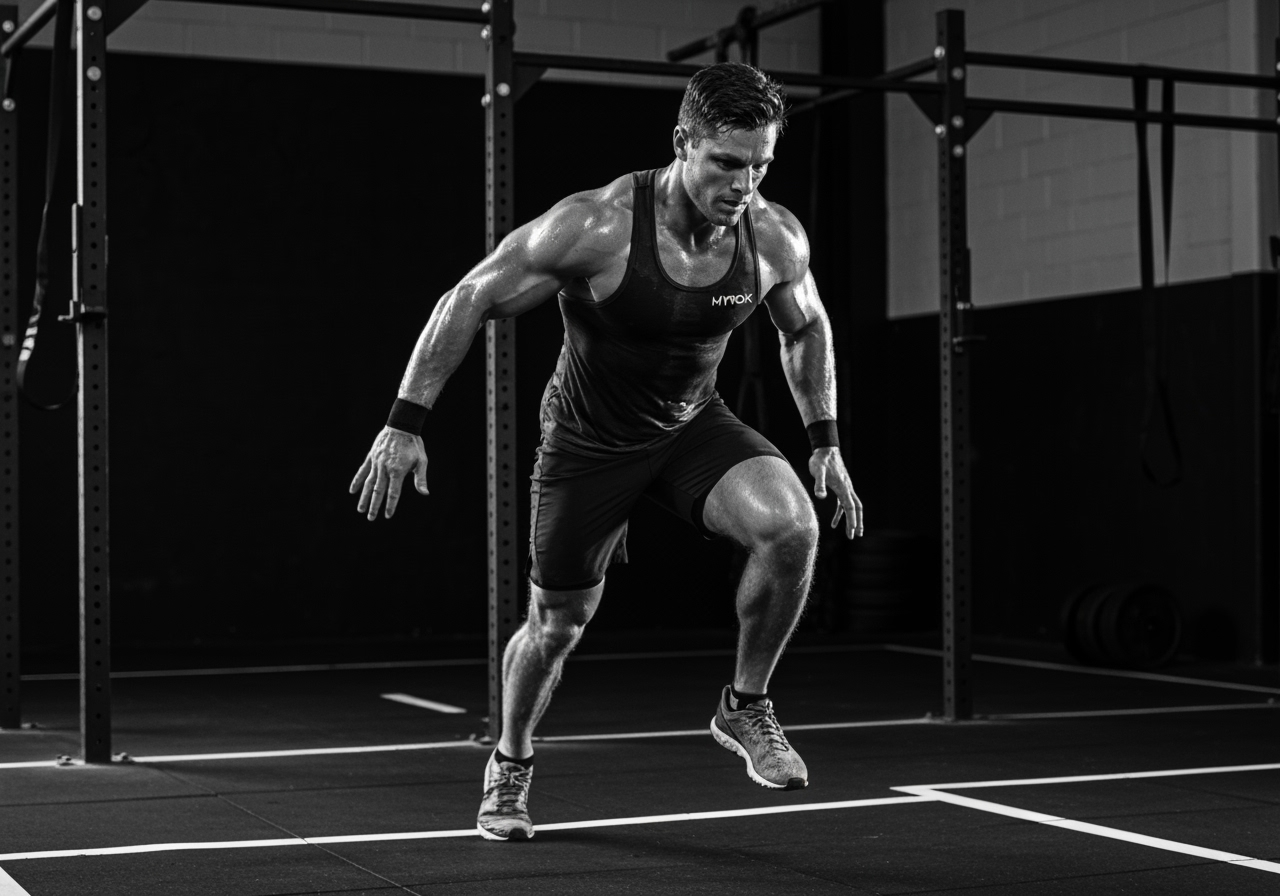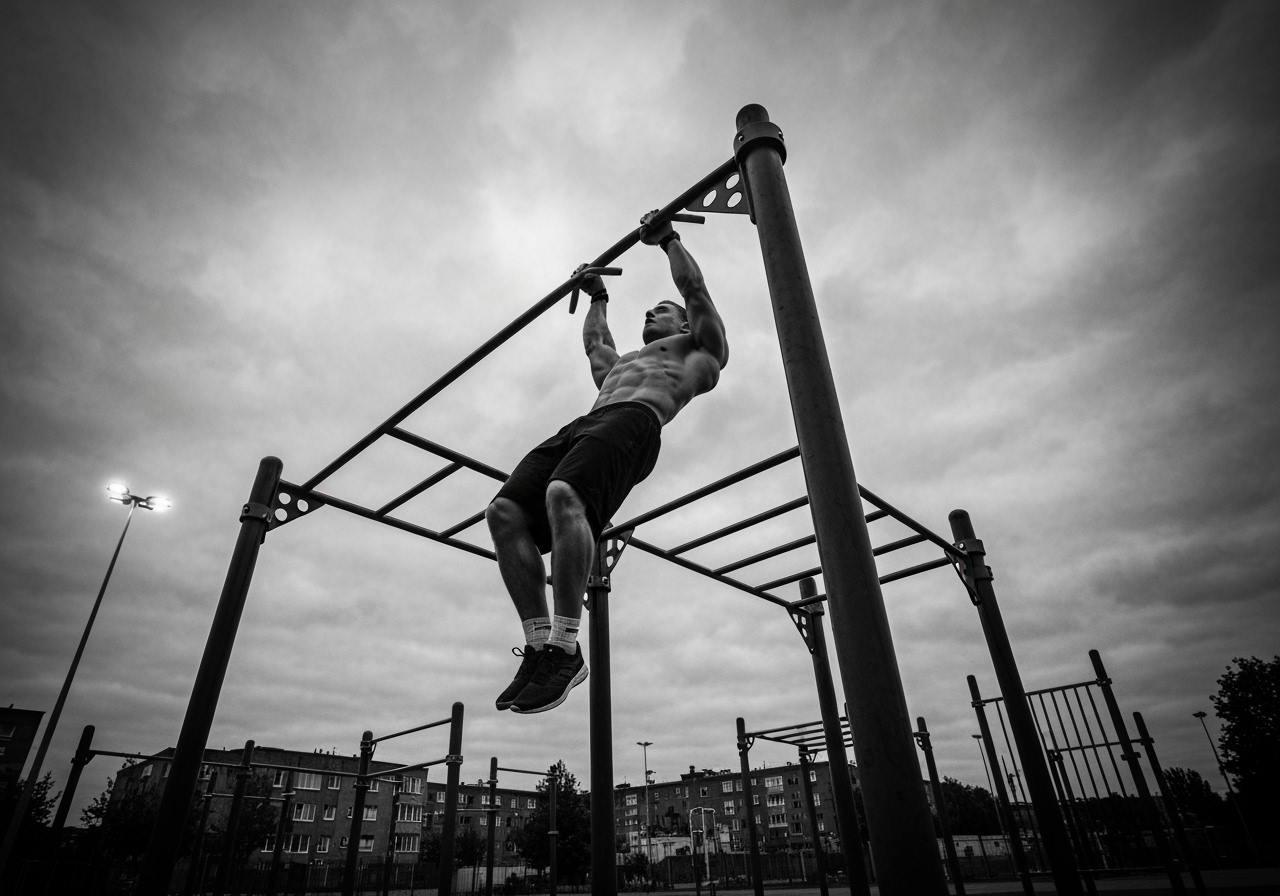
The wall ball station in HYROX is deceptively simple — squat, throw, repeat. But when you're deep into a race, fatigued from sled pushes, rowing, and burpees, the efficiency of each rep can make or break your finish time.
The Wall Ball — The Silent Time Killer in HYROX
Many athletes underestimate how much wall balls cost them — not just physically, but mentally. Sloppy technique, poor pacing, and inefficient breathing can silently sap your energy and slow you down.
Here's a breakdown of why your wall balls may be costing precious seconds and exactly what you can do to fix them.

1. Poor Squat Mechanics
Why it hurts:
If your squat is inefficient, you're burning extra energy with each rep and tiring out faster. This leads to sloppy throws and missed targets.
Fix:
- Keep your chest tall and core braced
- Ensure knees track over toes without collapsing inward
- Practice full-depth squats with perfect form in training before adding the ball
💡 Pro Tip: Use tempo squats (3 seconds down, 1 second hold, explode up) to build strength and control under fatigue.
2. Letting the Ball Drop Too Low
Why it hurts:
Dropping the ball to your lap between reps wastes energy in re-lifting and slows your rhythm.
Fix:
- Hold the ball just under your chin between reps
- Keep elbows in and maintain a steady rhythm to minimize wasted movement
💡 Pro Tip: Practice "ball holds" at chest height for 30–60 seconds during training to build endurance in this position.

3. Poor Breathing Technique
Why it hurts:
Holding your breath or breathing inefficiently during wall balls can cause premature fatigue and reduced performance.
Fix:
- Exhale sharply on the throw
- Inhale deeply as you descend into the squat
- Maintain a breathing rhythm that aligns with your reps
💡 Pro Tip: Every 15–20 reps, take a slightly deeper breath to reset your oxygen levels before continuing.
4. Inconsistent Pacing
Why it hurts:
Many athletes start wall balls too fast, burning out midway, or too slow, losing precious seconds overall.
Fix:
- Set a rep cadence during training and stick to it on race day
- Practice breaking large sets into smaller, consistent chunks (e.g., 5×20 reps)
💡 Pro Tip: Use a watch or mental cue to keep track of pace and avoid early burnout.
5. Not Training Wall Balls Under Fatigue
Why it hurts:
HYROX wall ball stations don't come fresh. Training them only in a fresh state doesn't prepare your body for race-day conditions.
Fix:
- Add wall balls to "brick" workouts after running or sled pushes
- Simulate race conditions by practicing wall balls with elevated heart rates
Pro Tip Workout:
400m run → 20 wall balls → 400m run → repeat

Training Drills to Fix Wall Ball Issues
EMOM Wall Balls
Every minute on the minute, complete a fixed number of wall balls. Trains pacing and endurance.
Weighted Squat Holds
Build strength and stability for holding the ball under fatigue.
Wall Ball Target Practice
Improve accuracy to avoid wasted reps and build consistency.
Final Thoughts: Own the Wall Ball Station
The wall ball is a deceptively challenging HYROX station — and one that can make a huge difference to your finish time. If you're struggling here, it's often not about brute strength, but about efficiency, pacing, breathing, and training under fatigue.
Remember:
- Perfect your squat mechanics
- Keep the ball high
- Breathe smart
- Pace yourself
- Train like it's race day
With the right adjustments, the wall ball station won't slow you down — it can become one of your strengths in HYROX.